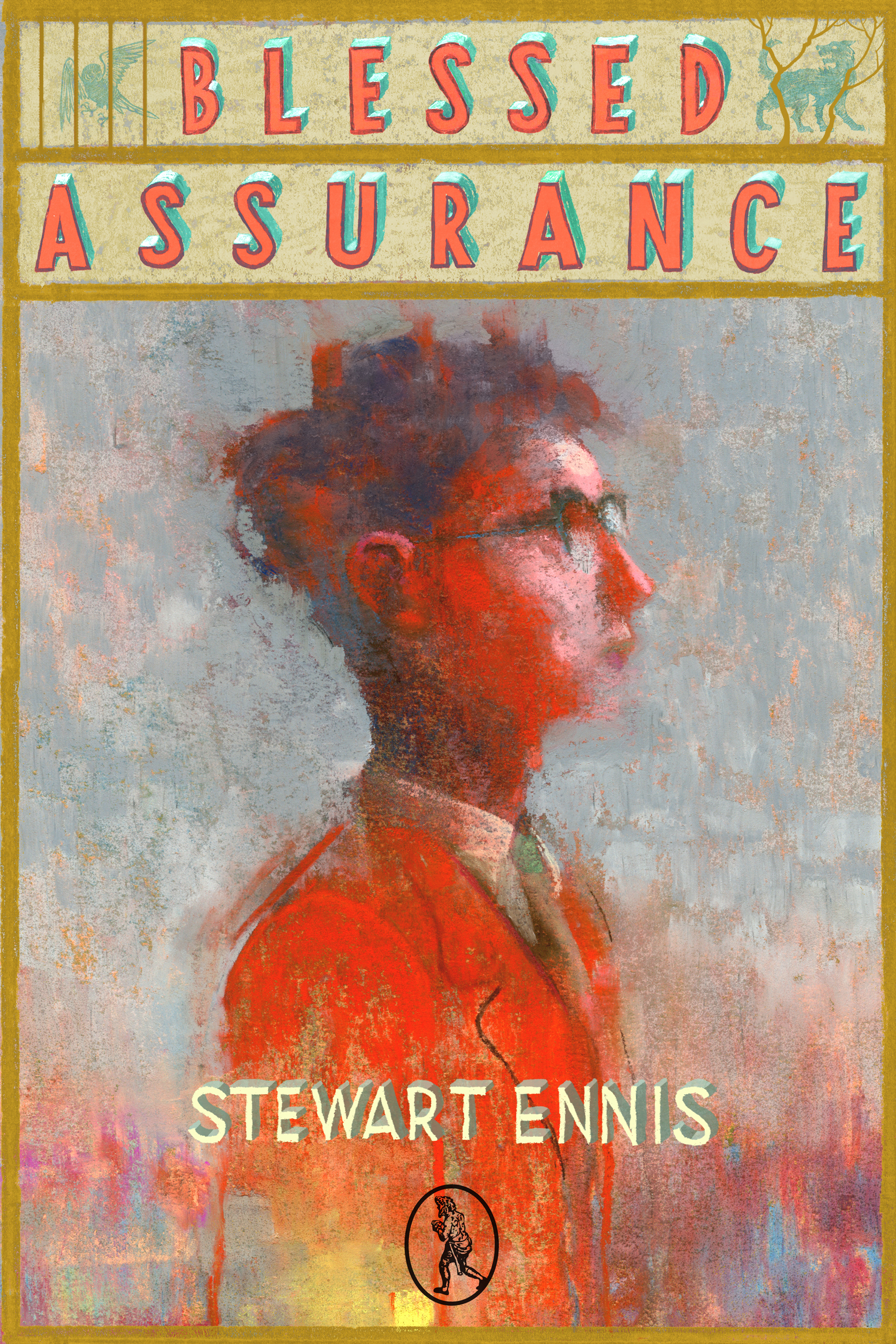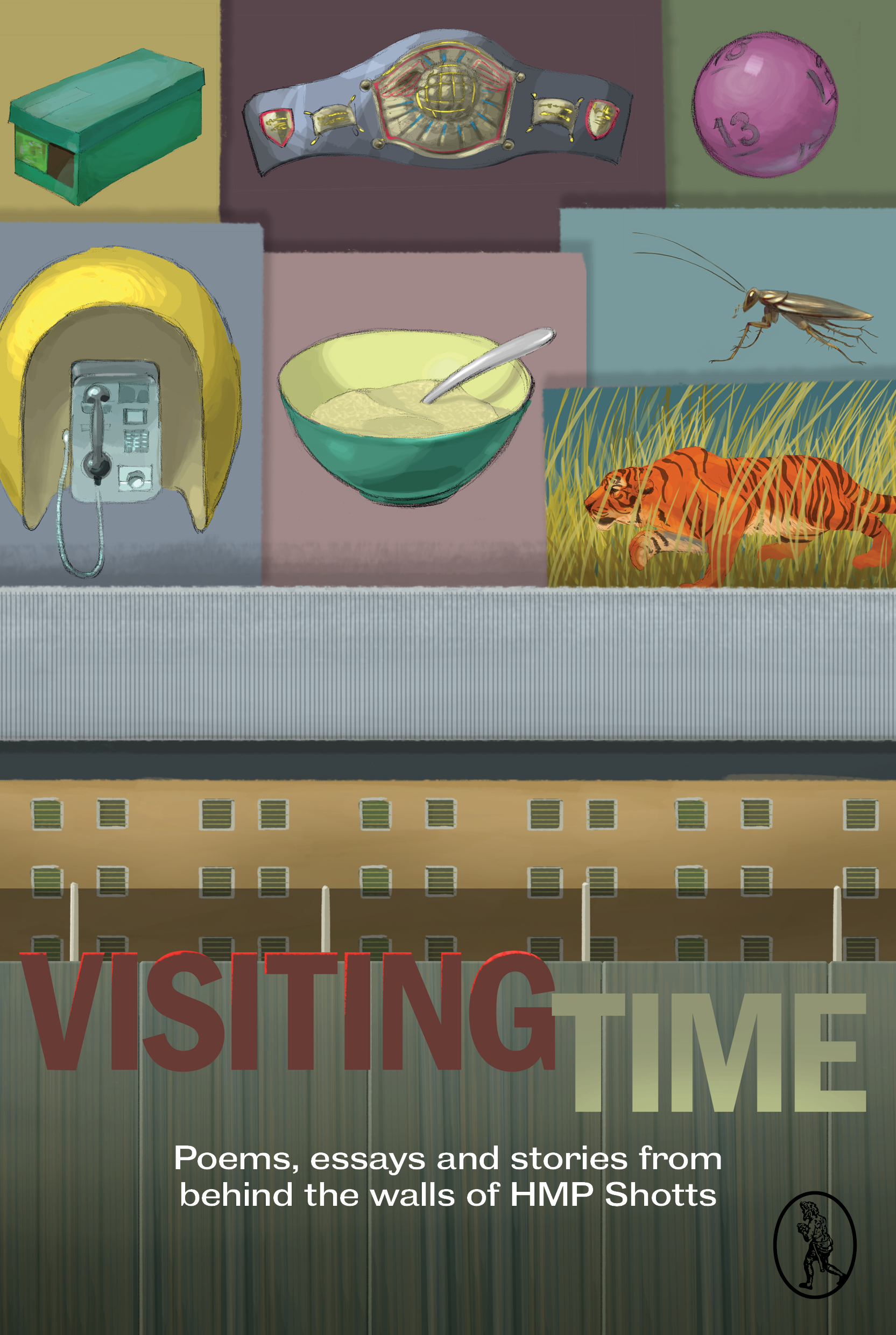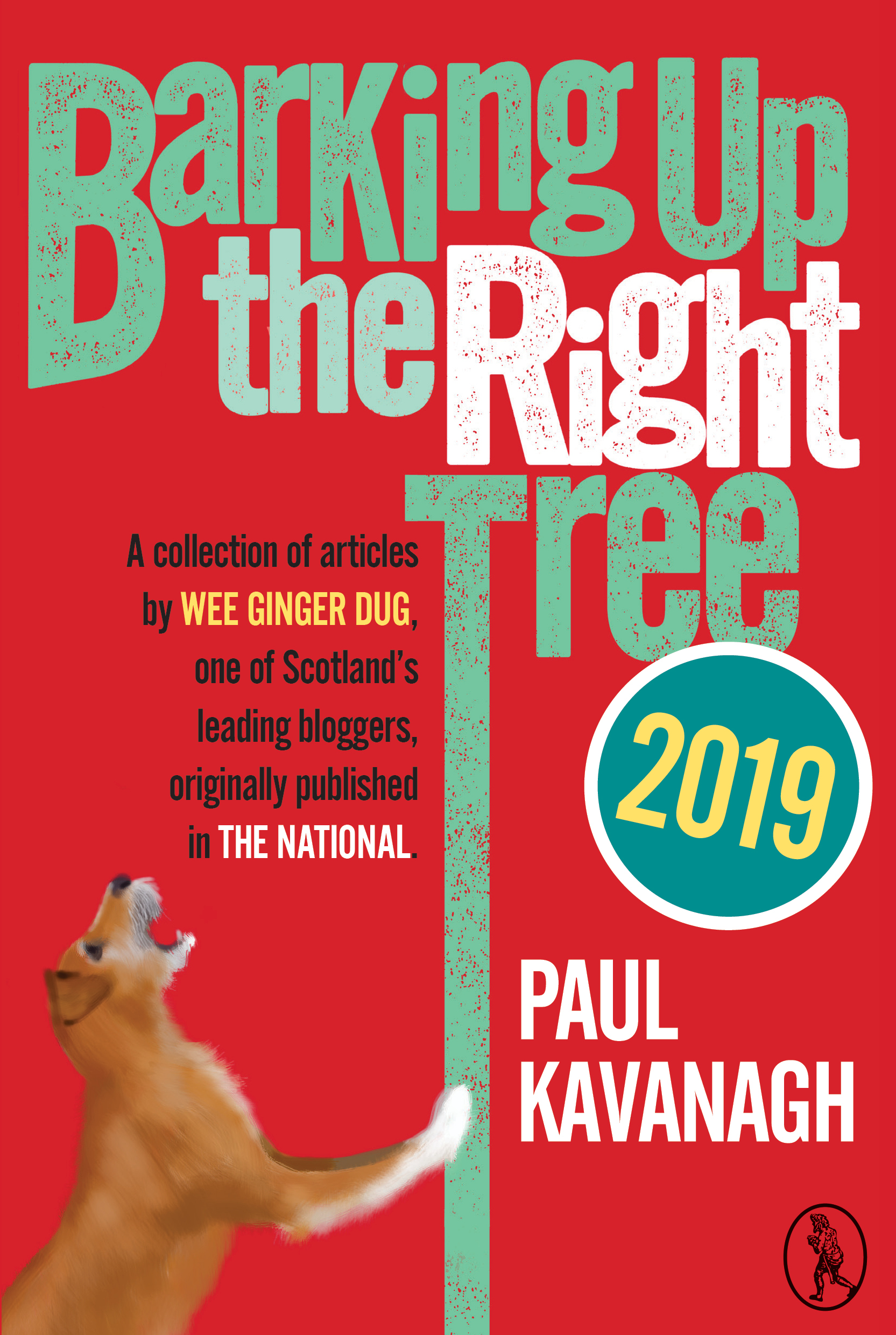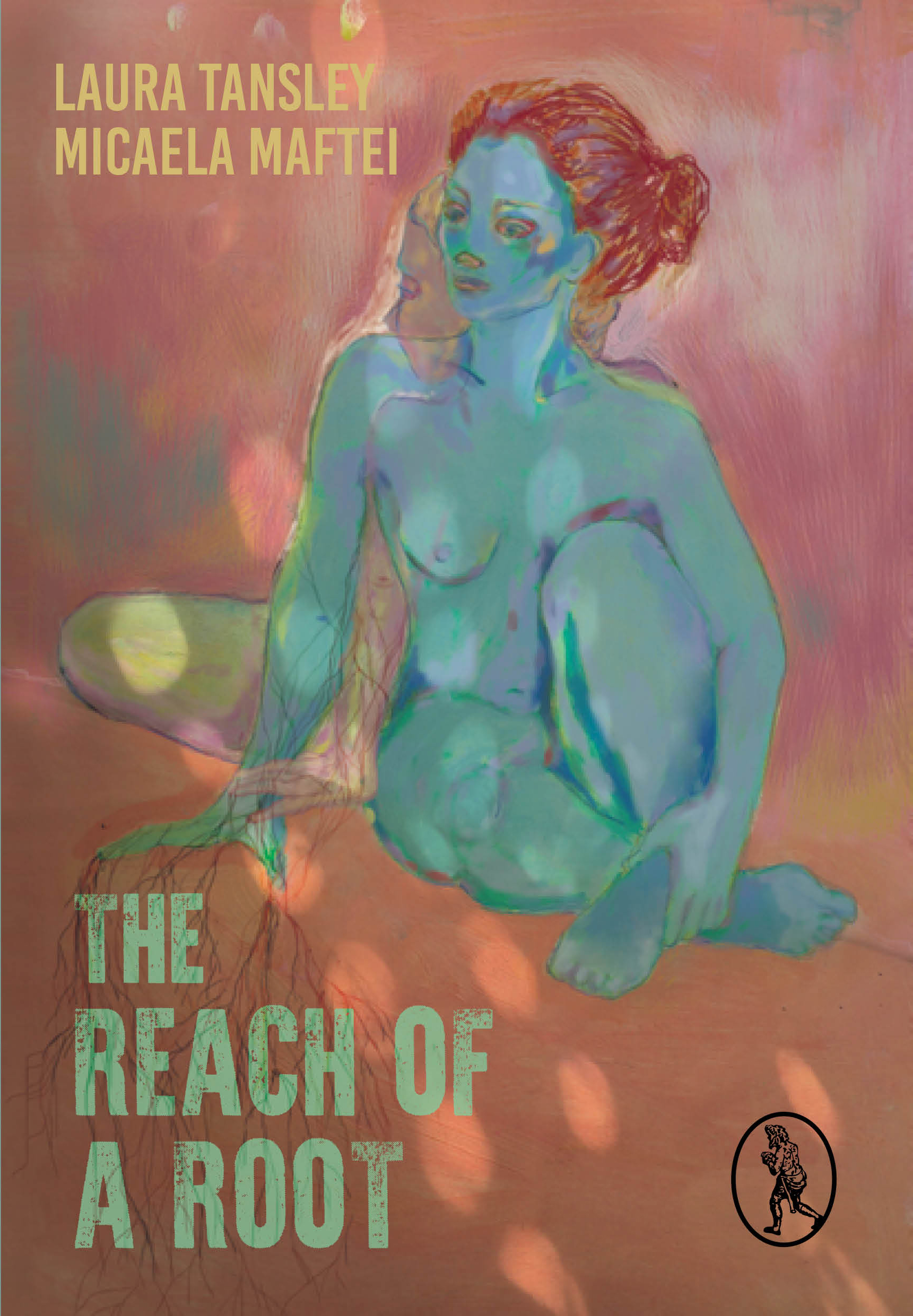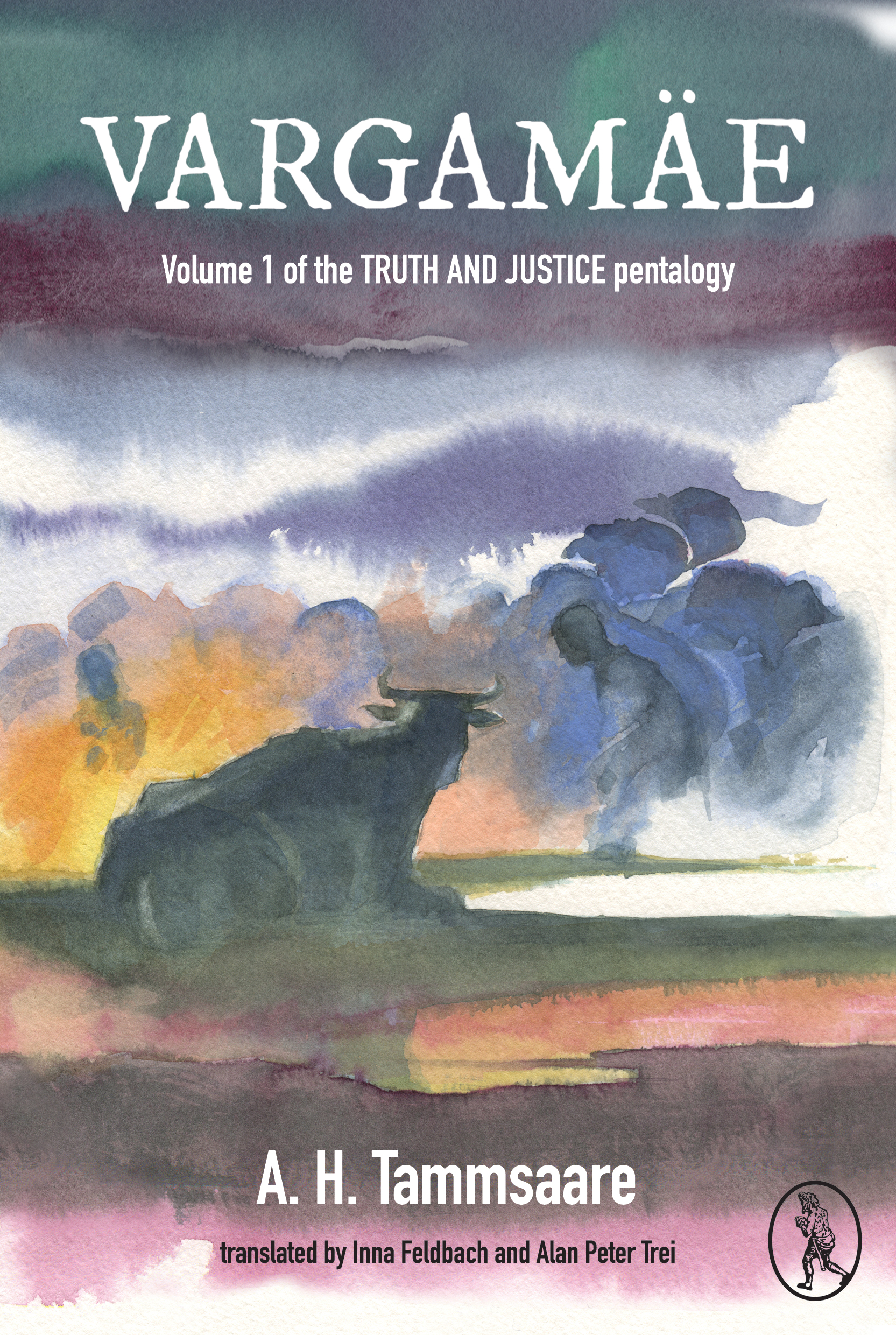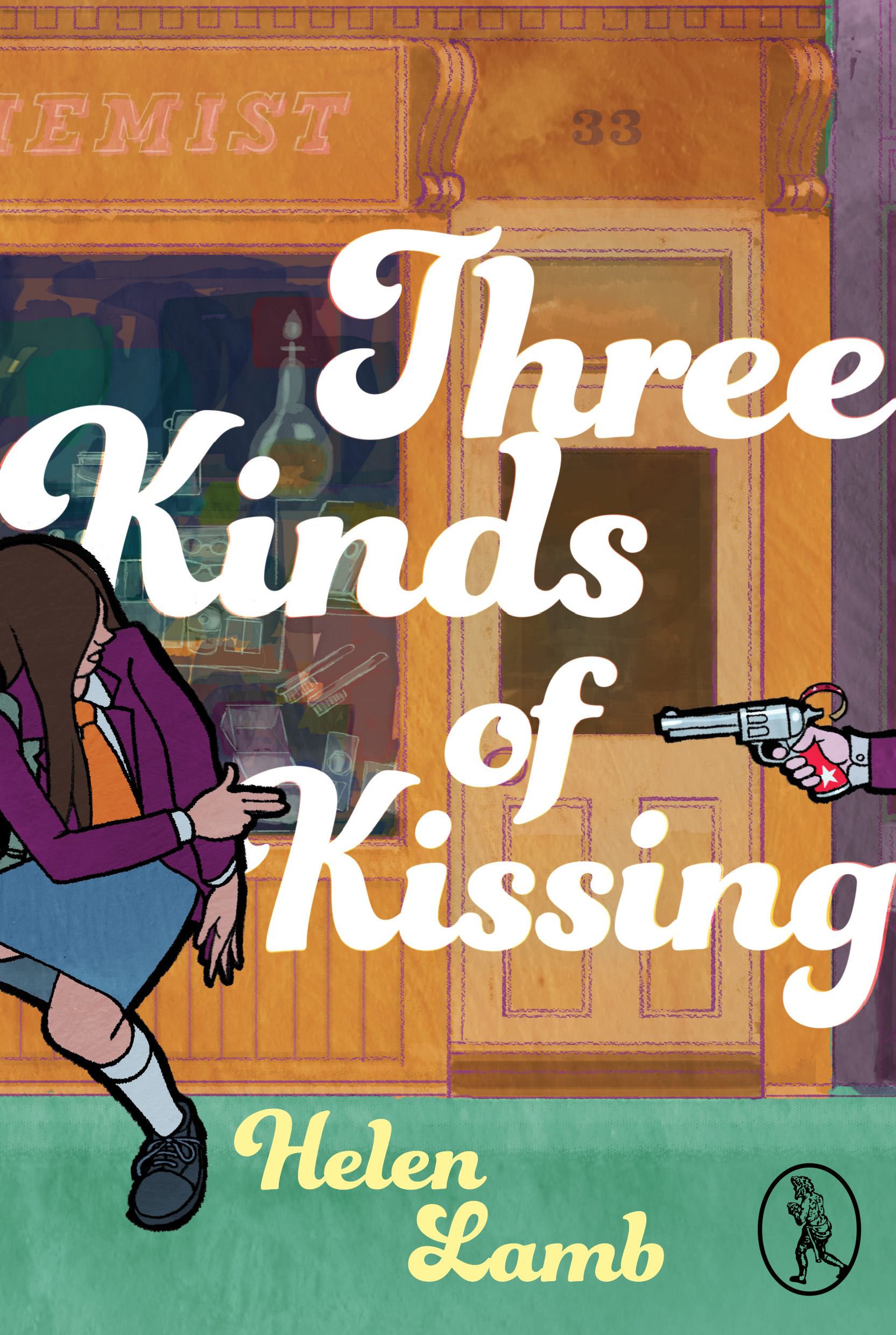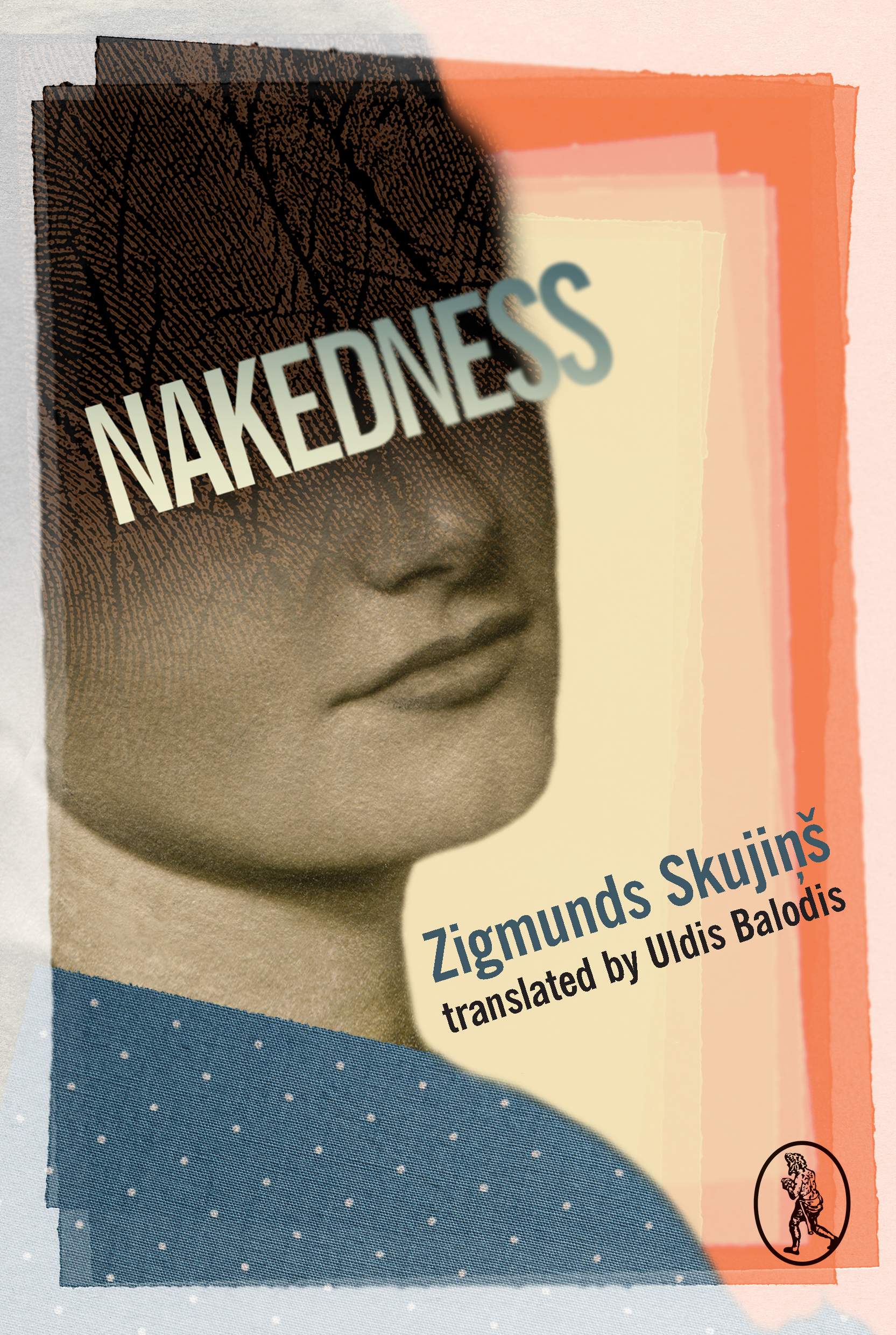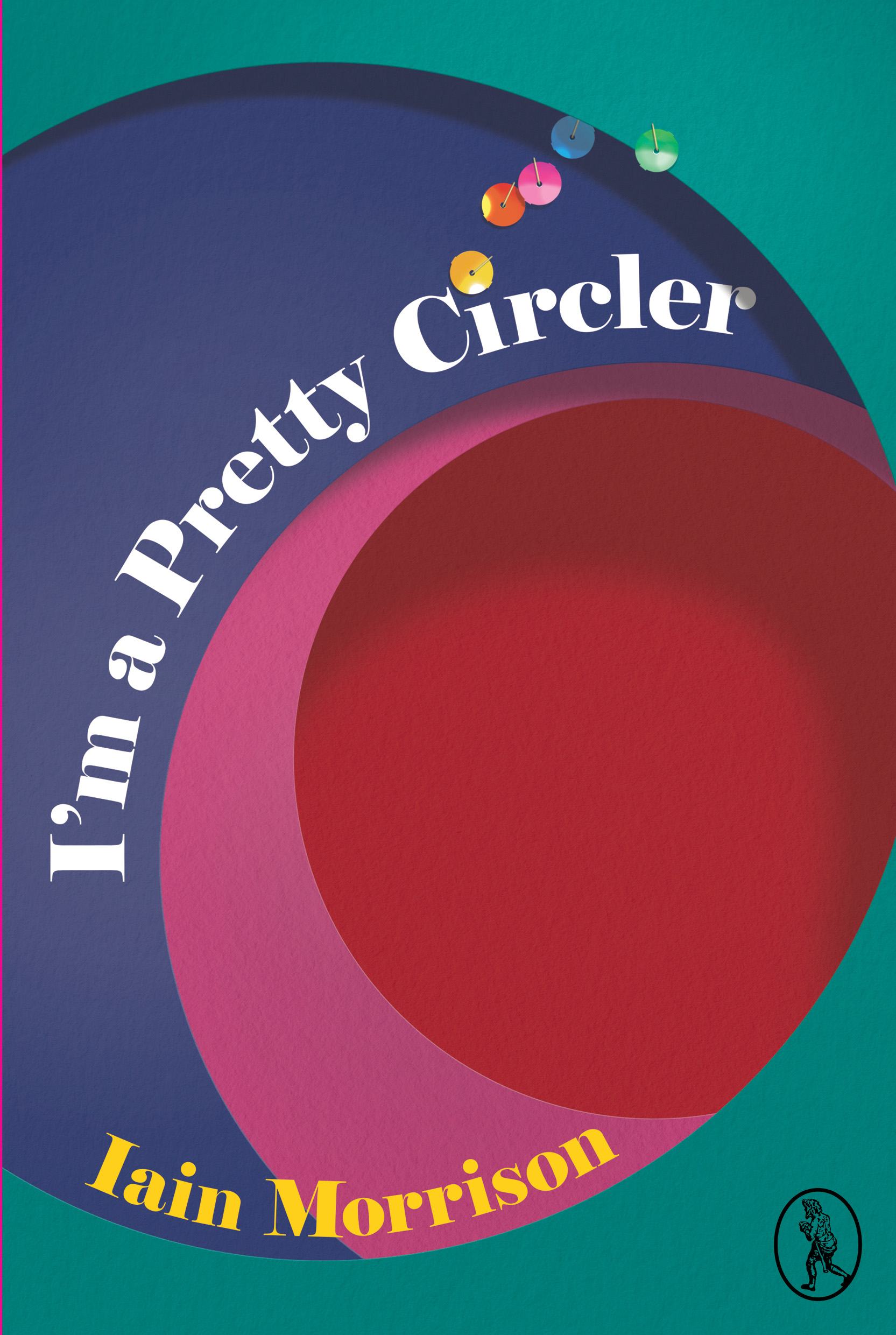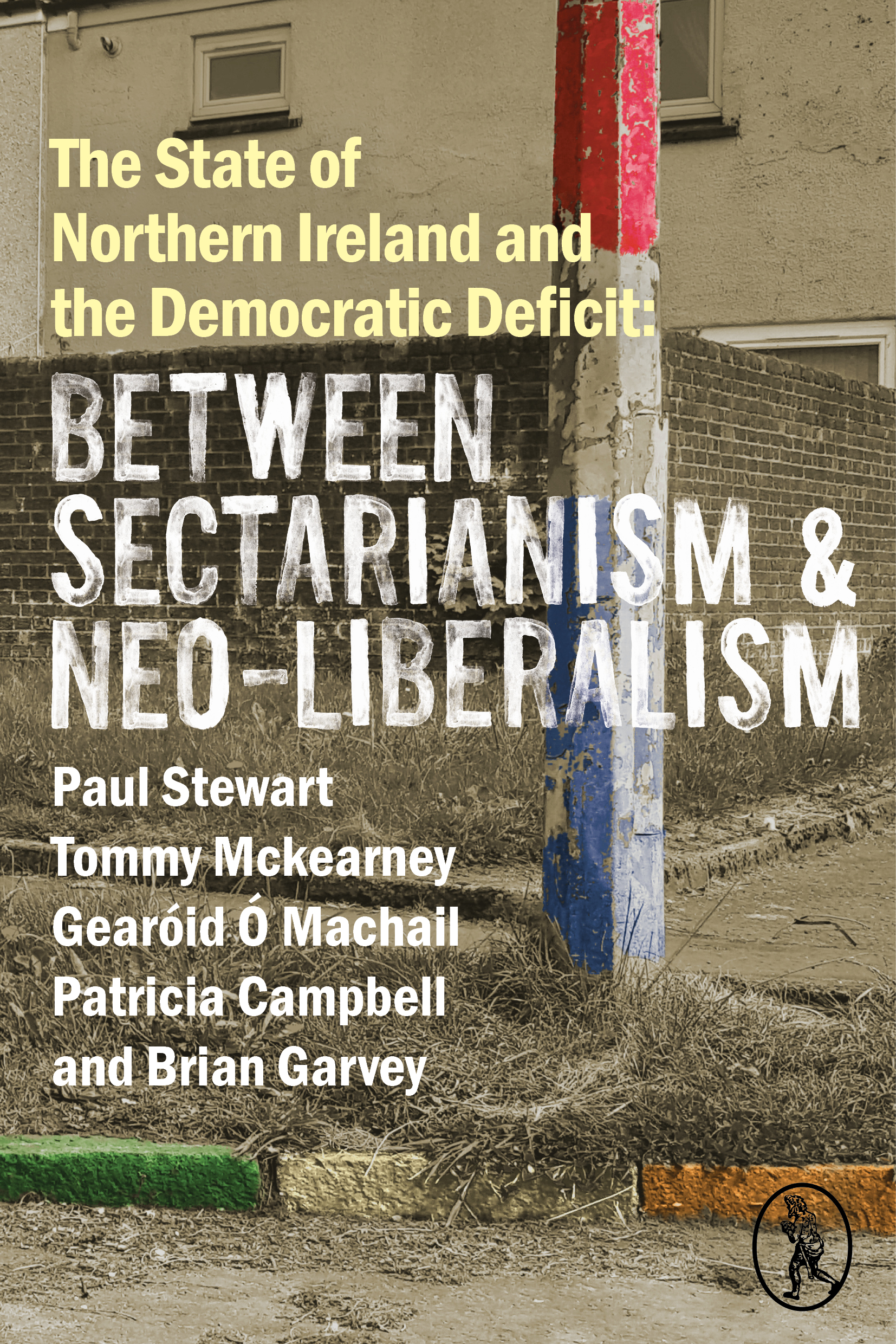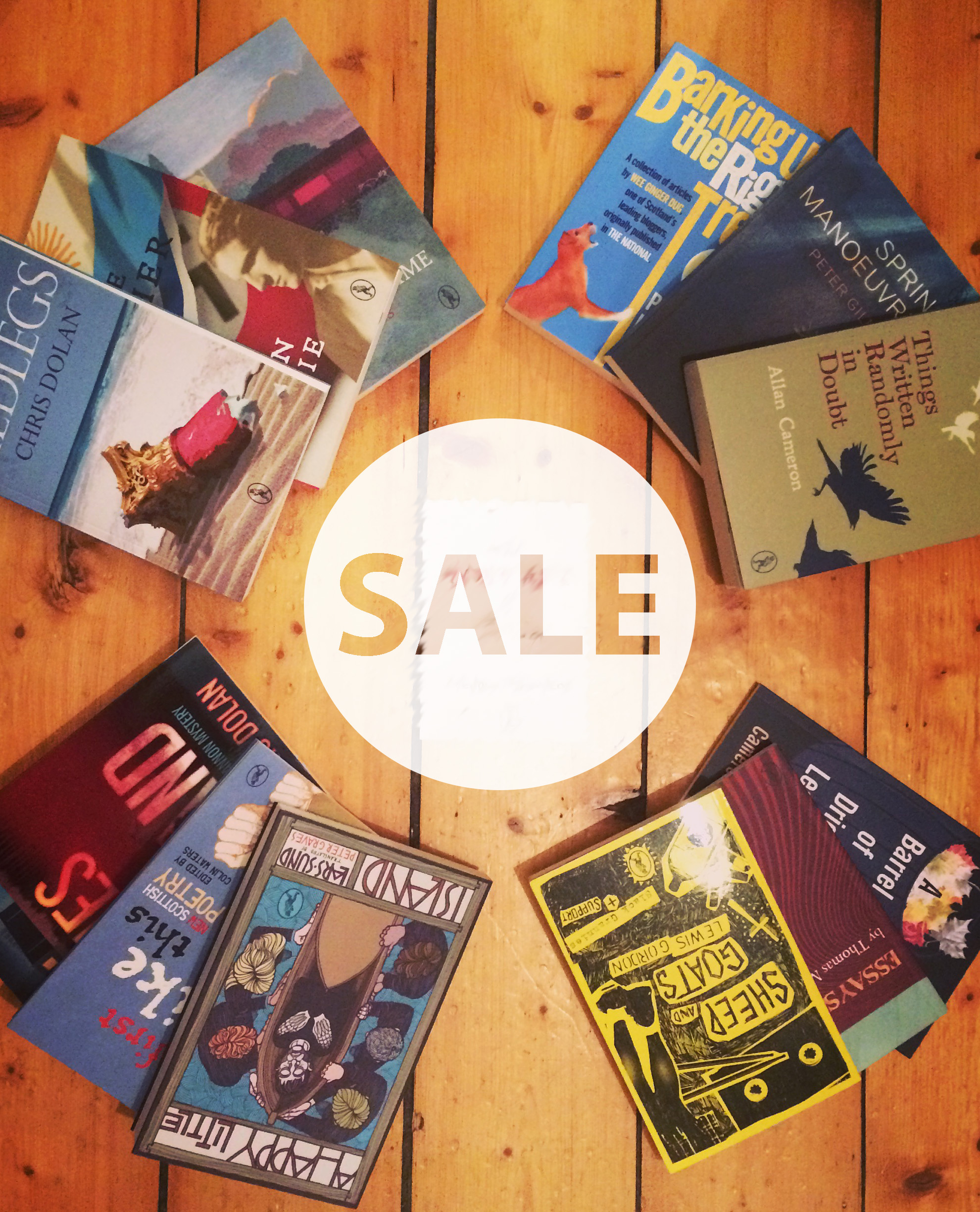Reading the Seasons
Henri Matisse, Woman Reading With Peaches, oil on canvas, 1923
For me, reading has always had a synaesthetic quality. Just as some people can taste music or feel smells like a sensation on their skin, I experience books through the colours and properties of seasons. This might be encouraged by their front cover, but more likely by their subject matter, setting, style, pace and tone. It is difficult to describe exactly how a book corresponds with a season, how the words on the page transform into a swirling watercolour of light and shapes that can only be glimpsed out of the corner of my mind’s eye. But, to try and read the wrong book in the wrong season would feel itchy and uncomfortable, and striking it right feels like a comfortable revelation. Perhaps you don’t have this problem. Actually, I hope you don’t. It’s annoying, inconvenient and leaves piles of books scattered around my room waiting for the perfect moment to be read. However, if you recognise this pattern in your own reading life, then here are my suggestions (both practical and emotional) on how to read for the seasons.
Summer
The warmest months always seem to provide abundant time for reading. The days stretch out, leaving more time for reading in natural light and making the blueish glare of the TV or laptop screen unappealing. At this time of year, I’ll pluck books from bestseller lists and “popular reads” tables like ripe fruit, and dredge old favourites from the shelf in the same way as I pull out sandals and sundresses from the back of the cupboard.
Summer books can’t be too heavy, in subject matter or in physical weight. They must be light enough to be thrown in a bag and brought to the park, and not too precious that they can’t be wrinkled by saltwater and sun cream, melting ice lollies or spilt cans of lager. You probably want the kind of book that can transport you, which can reach back in time or across oceans, make you feel adventurous or excited. I always want the kind of book that gives me a mental holiday (even if I can’t afford a physical one) but that allows me to look up for a moment, to take in the real world around me.
Anything goes in summer – high, middle and lowbrow is the way forward. Last summer I read Sally Rooney, Sophie Mackintosh, Amy Liptrot, Helena Attlee and Margaret Atwood – histories of women, water, food and family – and loved all of them. I revisited Waugh and Woolf and the summers in Brideshead and To the Lighthouse. Their languor and intensity echoed the relentless heat wave that hit the UK last year. We can only hope for more of the same this summer.
To be transported somewhere new this summer, try A Happy Little Island by Lars Sund, or The Saviour of Lasnamäe by Mari Saat.
Autumn
I doubt there will ever be a time in my life when the first crisp days of autumn don’t conjure up that back-to-school feeling. As soon as the temperature drops and scarves need to be wrapped around necks, I am ready to absorb new information. I don’t mind being challenged; now that the haze of summer has lifted I can think more clearly. Longer nights mean more time to absorb complex notions, long prose, poetry and politics.
Maybe you should pick up Derek Jarman or June Jordan, Deborah Levy or Denise Riley and ponder memory, identity, family. You could wander lonely London streets with Anita Brookner and Eimear McBride, or the small towns of the American south with Carson McCullers and Toni Morrison. When the nights turn dark and stormy, I might pick up something a little more eerie – Donna Tartt or Angela Carter. In my reading year, autumn means stockpiling, storing up information and stories before the bleakness of winter comes back around.
To get you thinking this autumn, try In Praise of the Garrulous or Cinico by Allan Cameron.
Winter
I’ve heard that a lot of people like to read in the winter. I suppose I do too, in theory. The idea of sitting by a crackling fire or under a blanket and pouring over Dickens and Dostoyevsky sounds inviting but is actually a bit harder to achieve in practice. Something about winter always turns my mind to other things. Too much good stuff on TV; everyone I know seems to have a birthday in November; too many Christmas parties to go to; deadlines, January blues, who can be bothered? This winter I did manage to read My Year of Rest and Relaxation by Ottessa Moshfegh, about a New York socialite who takes a lot of pills (unrelatable) and wants to sleep for a year (highly relatable).
Around February I usually grow restless, maybe a little anxious. I start to stress about the fact that I haven’t read in a while, because I love reading, don’t I? Maybe I don’t like reading any more? What do I actually enjoy if I don’t enjoy reading? Do I even know how to read?
For something atmospheric, that will break the slump, try Doubting Thomas by Heather Richardson, or The Spit, the Sound and the Nest by Kathrine Sowerby.
Spring
Spring usually makes itself obvious at this point, and sure enough I will start to feel interested again. Now that the day actually lasts long enough to not leave the house, office or library in complete darkness, I might have a look in the bookshops and see what I’ve been missing all winter.
In the past few months I’ve read books about grief, about trees, about love, about swimming, about motherhood, about masculinity. Next, I’ll probably turn to some old favourites: I might reread Maggie Nelson and Rebecca Solnit and think about the very real threats of fascism and climate change. I might pick up unread books by authors I admire like Katherine Mansfield, Jean Rhys and James Baldwin. You should reach for whatever pricks your interest as you scan the shelves of your room, local library or bookshop. If you need to ignore the piles of unread novels that don’t appeal right now in favour of something fresh and exciting, you should do it. Take up the brightest, juiciest book you can find.
For something new, try Vargamäe by A.H. Tammsaare, or The Reach of a Root by Laura Tansley and Micaela Maftei.
About the author: Prior to working with Vagabond, Ellen Ormesher graduated with an MA in English Literature from King’s College London.


